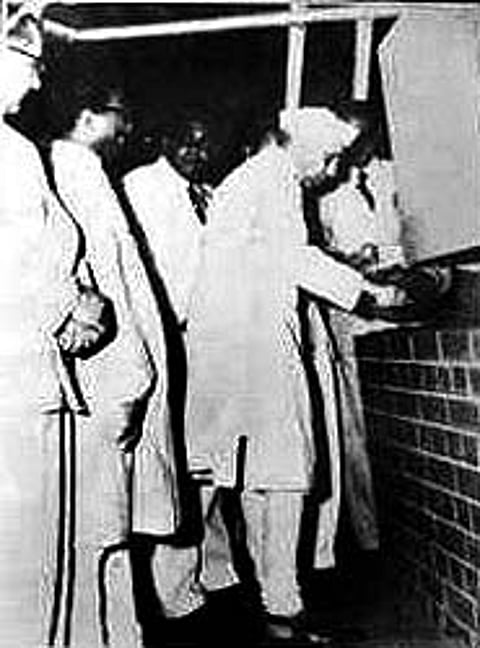Building Block By Block
Nehru's idea of economic socialism went as far back as 1936

But there were pressures from Gandhiji, with his village-based industries, and Sardar Patel, with his pro-business attitudes, which influenced the Industrial Policy Resolution, 1948. It established state monopoly over sensitive areas like defence, atomic energy and railways, but in other basic areas like coal, steel, minerals, communications and aircraft it only "reserved rights over any new enterprise". The resolution also assured private business houses that there would be no nationalisation, and that foreign firms could continue in India. Gandhi’s death in 1948 and Patel’s in ’50 actually enabled Nehru to translate his vision into reality. After that, he worked on a combination of higher education and a strong public sector to be the change drivers of the economy. The educated middle class elite was a natural corollary.
Tags